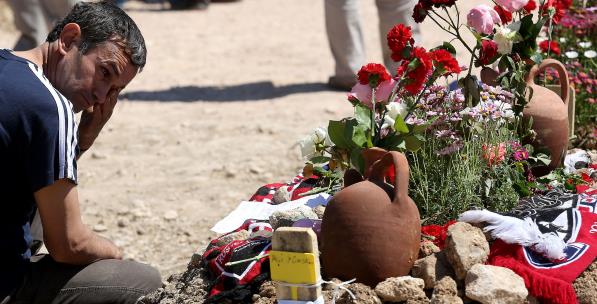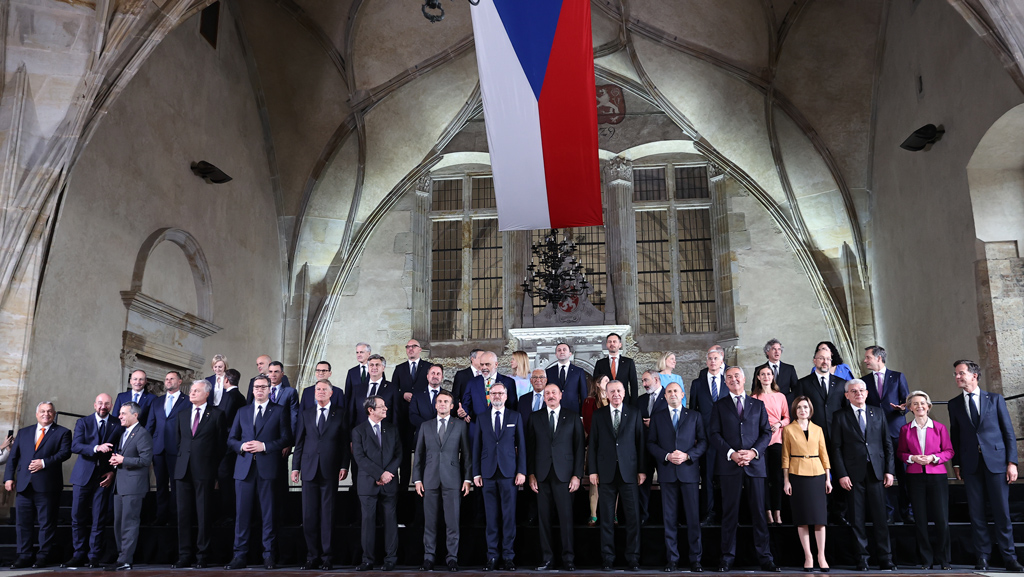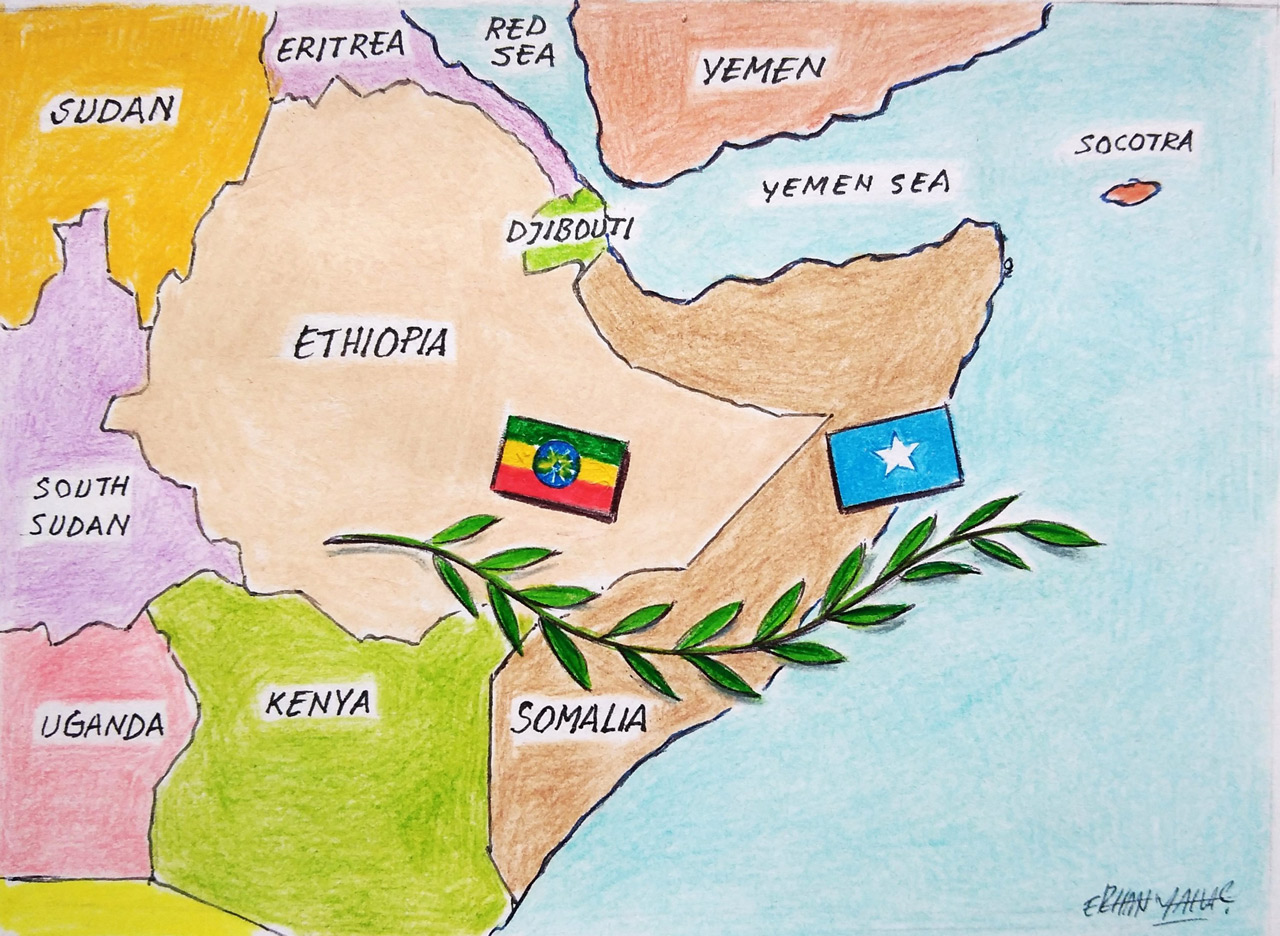Turkey was radically shaken on Tuesday by the largest industrial accident in the country's history in which approximately 300 mine workers perished following a fatal explosion and massive fire in a coal mine in Soma, Manisa.
Soma is known to be one of the major centers of the coal mining industry in Turkey along with Zonguldak in the Black Sea region. These two towns have carried the burden of local coal production and become the stage for the worst industrial disasters throughout the Republic's history. But the latest tragedy that occurred in a mine operated by Soma Holding, one of the largest mining companies in Turkey, under supposedly modern circumstances that were repeatedly approved in regular inspections created a real sense of national distress. After all, Turkey has achieved a dramatic economic development drive over the course of the last decade and many observers assumed that such catastrophic accidents were a thing of the past; but apparently, they aren't.
The massive humanitarian tragedy that was reflected in the world media broke the hearts of the whole nation. Images of dead and wounded workers colored in coal-black were permanently etched into our minds and numerous messages of condolence were sent from around the world.
But when our national mourning is over, we need to sit tight and have a frank conversation concerning the human side of Turkey's development paradigm, including the critical issue of workplace security. It is known that developing economies such as Turkey are under enormous pressure to actualize rapid and sustained economic growth in order to catch up with industrialized Western nations. Therefore, policymakers try to follow market-friendly strategies that facilitate rapid capital accumulation by local entrepreneurs and attract increased investment from international capital.
However, increasing obsession with rapid economic growth should not lead into a neoliberal form of national developmentalism in which issues of human and workplace security, human welfare and environmental sustainability are relegated into a secondary position. The overall development strategy should rely on a sensitive balance between the requirements of economic growth, efficiency and market expansion on the one hand, and human welfare, workplace security and environmental concerns on the other. Turkey's mining, shipbuilding, construction and manufacturing sectors have a less than satisfactory record of workplace safety as evidenced by the unusually high occurrence of workplace accidents and the number of workers who lose their lives at work.
Although Turkey's GDP increased threefold over the course of the last decade and public authorities achieved a robust financial regulation mechanism, the same success was not shown regarding the public regulation of industrial relations and labor standards. Turkey has a long way to go to make her domestic industrial relations system compatible with International Labour Organization (ILO) and European Union criteria, although this may mean the loss of some elements of competitiveness.
The Soma incident dramatically showed us the humanitarian and security-related limits of neoliberal developmentalism which could place serious socio-political pressure on policy makers, unless necessary legal and corporate measures are urgently taken. We sincerely hope that the tragedy in Soma constitutes a watershed in Turkey's governance of her industrial relations and entrepreneurs find new ways of increasing their competitiveness rather than cutting workplace safety costs.
To this end, a swift and sensitive process of legal investigations should be conducted to unveil those responsible from corporate and bureaucratic bodies with maximum diligence. Moreover, a parliamentary and technocratic commission should be formed to prepare a blueprint for a radical overhaul of Turkey's workplace security regime.
[Daily Sabah, May 17, 2014]








